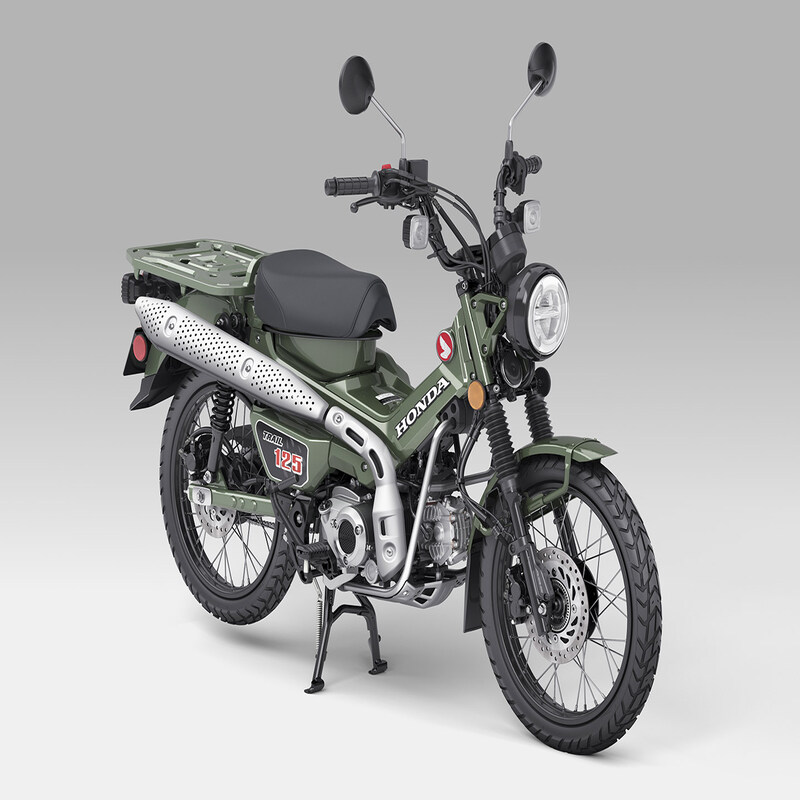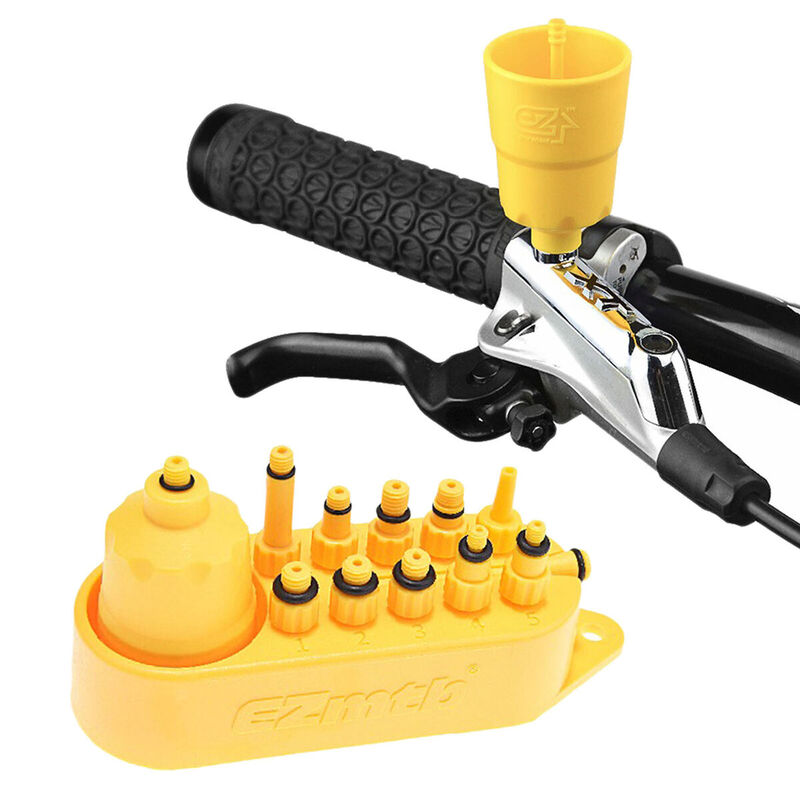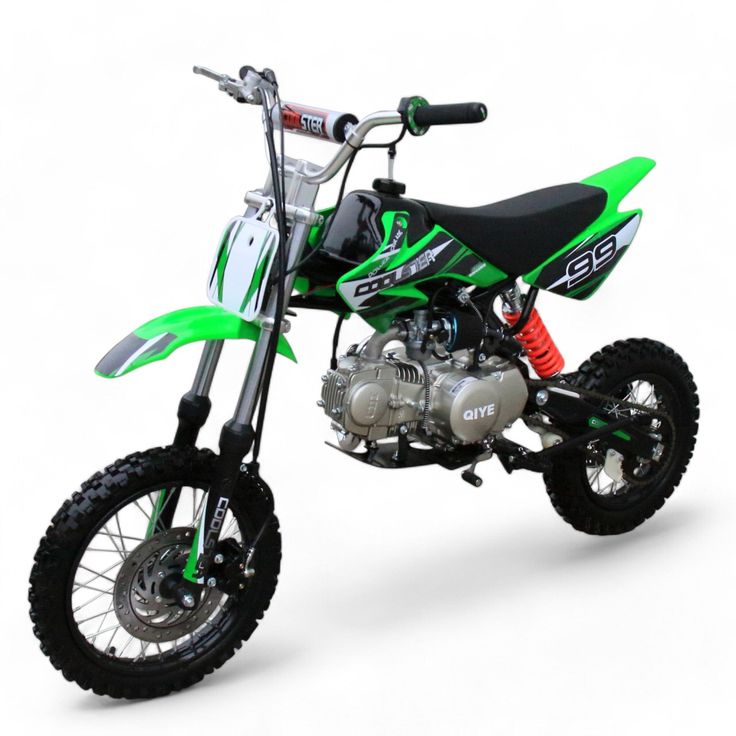Mini bikes have become increasingly popular due to their affordability, fun factor, and compact size. However, many riders want to take their mini bikes onto public roads legally. Transitioning a mini bike from an off-road vehicle to a street-legal machine involves several steps. These steps will vary depending on state laws and regulations. Thus, it’s essential to understand local requirements. Furthermore, the benefits of making a mini bike street legal go beyond mere compliance.
Understanding Local Laws and Regulations
First and foremost, understanding local laws is crucial. Each state has specific requirements for vehicles on public roads. Generally, states categorize mini bikes as motorized bicycles or scooters. However, this doesn’t mean that all mini bikes can simply hit the streets. Some regions impose restrictions on engine size, speed limits, and even design features. Therefore, researching your state’s Department of Motor Vehicles (DMV) website is beneficial.
Vehicle Classification
Different states classify mini bikes under various categories. For example, some may consider them motorcycles, while others treat them as mopeds. Each classification may have distinct requirements for registration, insurance, and equipment. In some states, a specific engine size may determine the classification. For instance, in many places, a mini bike with an engine displacement under 50cc might fall into a different category than one over 50cc. Therefore, make sure you know your bike’s specifications.
Emission Standards
Another essential aspect of legal compliance is adherence to emission standards. Many states require vehicles to meet specific environmental guidelines. If your mini bike is older or was designed for off-road use, it might not meet these standards. Transitioning a mini bike into a street-legal one may necessitate modifications. Common modifications include updating the exhaust system or installing emission-control devices. Ignoring these laws could result in fines or your bike being deemed illegal for street use.
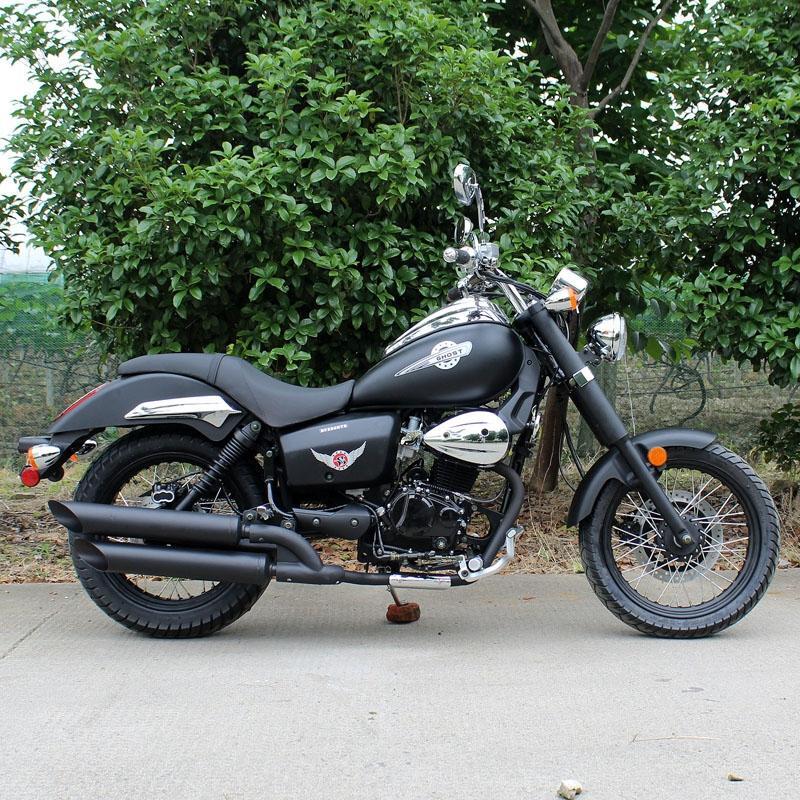
Safety Equipment Requirements
Once you have researched local laws, you need to equip your mini bike with the necessary safety gear. Safety equipment not only fulfills legal requirements but also ensures rider safety. Aspects such as lights, mirrors, and appropriate tires fall under this category. Therefore, assessing how to make these modifications is essential. Besides, investing in safety equipment can enhance your riding experience.
Lights and Signals
Installing lights and signals is often a requirement for making a mini bike street legal. At a minimum, you will likely need a functional headlight and taillight. Additionally, turn signals are crucial for traffic safety. Most mini bikes do not come with these features, so aftermarket solutions are often necessary. If you choose LED lights, ensure they comply with local brightness standards. Moreover, you may need to install a brake light that activates when you slow down. This modification increases your visibility to other drivers and contributes to overall road safety.
Mirrors and Horn
Another legal requirement often includes having mirrors and a horn. Side mirrors help you monitor traffic and enhance your awareness on the road. Ensure you install mirrors that give a clear view behind you. A horn is vital for signaling other drivers in potentially dangerous situations. Many mini bikes lack both features; thus, retrofitting these parts is crucial. A simple electric horn can be both effective and inexpensive to install. Therefore, never overlook these features when preparing your bike for street legality.
Registration and Title Requirements
Once you’ve completed the necessary modifications to your mini bike, the next step is registration. Legal registration provides proof of ownership and enables you to operate your bike on public roads. Typically, this process requires several forms and documentation. Therefore, being organized will streamline your experience at the DMV.
Necessary Documentation
When registering your mini bike, gather all required documentation. Usually, you’ll need the bill of sale to prove ownership. If you’ve made significant modifications, you may also need receipts for each part. Additionally, some states may require a Vehicle Identification Number (VIN) assignment for mini bikes lacking one. Having an assigned VIN makes it easier for authorities to verify ownership.
Fees and Insurance
Be prepared to pay various fees during the registration process. Fees vary widely depending on your state and the bike’s classification. Most states require insurance, which is also a critical step for legality. Research insurance providers that offer coverage for mini bikes. Preferably, opt for plans that comply with local regulations. Having everything in order will ensure a smoother registration process, paving the way for your mini bike to hit the road legally.
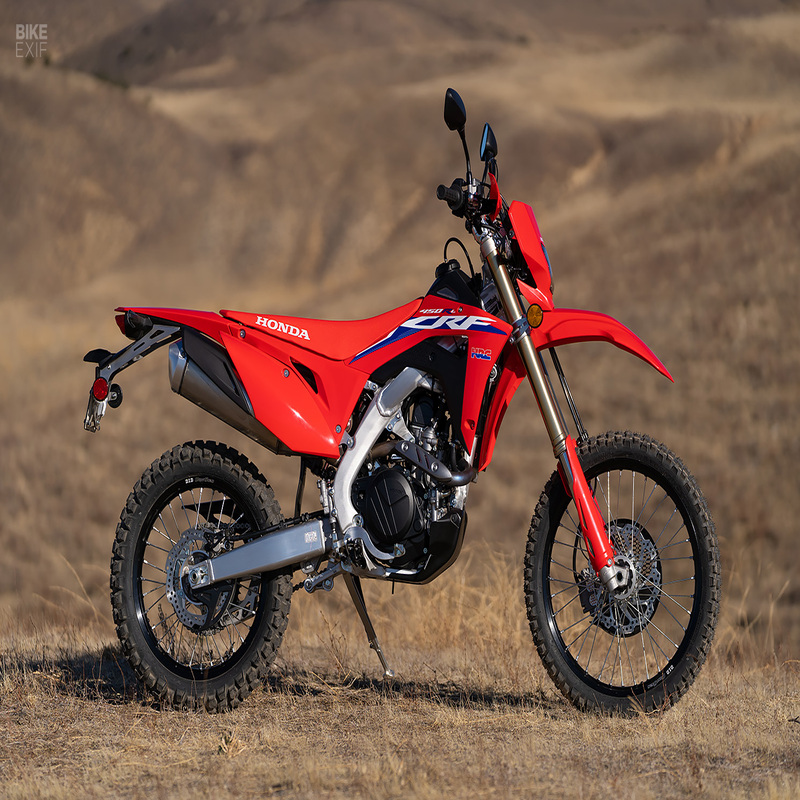
Insurance for Mini Bikes
Insurance is often a significant aspect of making your mini bike street legal. Having the right insurance not only helps satisfy state requirements but also offers peace of mind. When considering your options, be aware of what each insurance type covers. Various insurance types cater specifically to small motorcycles and scooters.
Types of Insurance
There are multiple insurance types, including liability, comprehensive, and collision coverage. Liability insurance is usually the minimum required by law. It covers damages to other people’s properties in case of an accident. However, comprehensive and collision coverage protect your own bike against theft or accidents. Evaluating your risk and desired level of coverage is essential. For example, if you plan to ride frequently, more comprehensive coverage may be beneficial.
Shopping for Insurance
When shopping for insurance, several factors come into play. Always compare quotes from different providers to find the best deal. Keep in mind that some insurers specialize in mini bike or motorcycle coverage. Furthermore, maintaining a clean driving record can lower your premium significantly. In addition to price, consider the insurer’s reputation for customer service. An excellent claims process can make a significant difference in emergencies.
Safety Gear for Riders
Being street-legal is just one aspect; rider safety is paramount. When riding a mini bike, protective gear enhances your safety significantly. Investing in quality safety gear can save lives. Thus, it is essential to understand what gear to choose.
Helmets
One of the most crucial pieces of safety gear is a helmet. Many states mandate wearing a helmet while riding. Ensure you select a DOT-approved helmet that fits snugly but comfortably. Furthermore, consider options with additional features, like a face shield for full-face protection. Helmets can prevent serious head injuries in case of accidents, making them indispensable.
Protective Clothing and Gear
In addition to helmets, wear appropriate clothing. Sturdy jackets, gloves, and riding pants protect against abrasion if an accident occurs. Look for materials specifically designed for motorcycle riders. These materials offer better durability, impact resistance, and weather protection compared to regular clothing. Good boots are also essential; choose ones that provide ankle support and traction. Overall, proper gear ensures that you are as safe as possible while enjoying your ride.
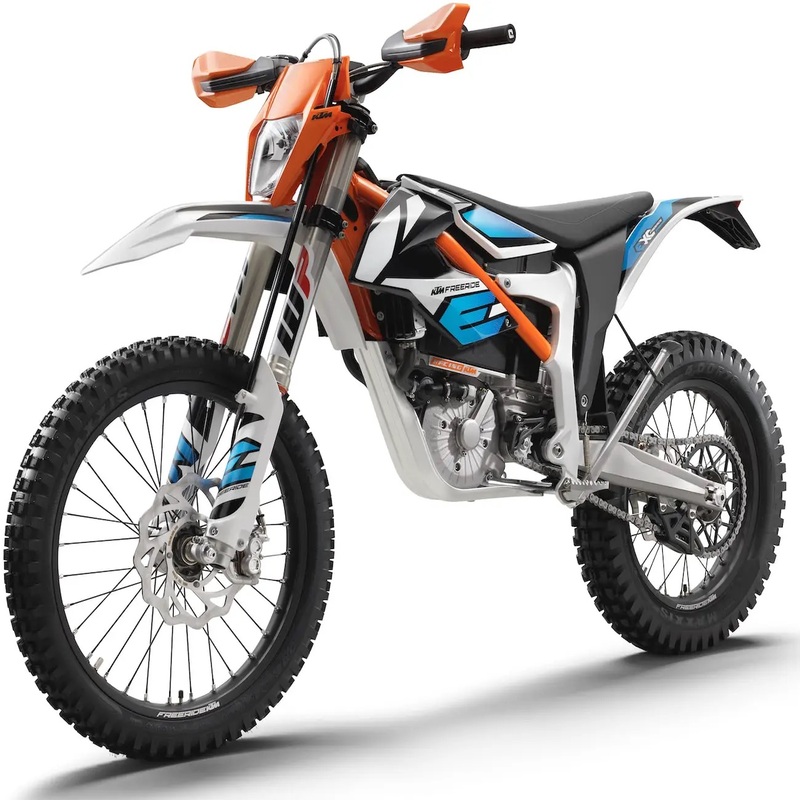
Community and Resources
Joining a community or group dedicated to mini bikes is another excellent way to learn. Many enthusiasts share valuable information and tips about making your mini bike street legal. Consequently, gaining insights from experienced riders often leads to improved decision-making. Understanding the challenges others faced helps you navigate potential pitfalls.
Online Forums and Social Media
Online forums and social media groups are rich resources for mini bike enthusiasts. Websites like Reddit and Facebook host various groups where members share their experiences. These platforms allow you to ask questions directly. Moreover, you can find recommendations for trustworthy mechanics who specialize in mini bikes.
Local Clubs and Meetups
In addition, consider joining local mini bike clubs. These clubs often hold events, rides, and informational meetings. Engaging with local enthusiasts can provide a wealth of information. Furthermore, networking opens doors to finding parts and accessories at lower prices. Overall, community engagement enhances your riding experience while contributing to smarter choices about making your bike street legal.
Final Thoughts
In summary, making a mini bike street legal involves several steps, but the rewards are worth it. From understanding local laws to ensuring your bike is equipped with the necessary safety gear, planning is vital. Along with registration and insurance, you need to invest in personal protective equipment. Furthermore, engaging with the mini bike community can provide ongoing support and resources. By following these guidelines, you’ll be well on your way to enjoying the thrills of street riding legally. Take your time to ensure everything is in order, and always prioritize safety above all. Happy riding!
